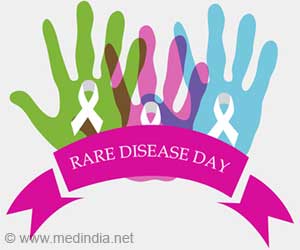Experts claim ChatGPT has the power to change health care by improving the effectiveness of preventive and symptomatic care
- The role of AI in healthcare cannot be ignored
- ChatGPT can write patient letters, review patient symptoms, help with post-treatment care and so much more
- However, regulations must be put in place to ensure no inaccuracies are made
The company estimates that the total AI market will be worth $383.3 billion in 2030, with a robust 21% compound annual growth rate (CAGR) from 2022 to 2030.
ChatGPT: Your Doctor’s New Assistant?
“ChatGPT can be used to assist doctors with bureaucratic tasks such as writing patient letters so doctors can spend more time on patient interaction. More importantly, chatbots have the potential to increase the effectiveness and accuracy of the processes for preventive care, symptom identification, and post-recovery care,” says Tina Deng, Principal Medical Devices Analyst at GlobalData.AI integration into chatbots and virtual assistants can motivate and interact with patients. It can review a patient’s symptoms and then recommend diagnostic advice and different options like virtual check-ins or face-to-face visits with a healthcare professional. This can reduce the workload for hospital staff, increase the efficiency of patient flow, and save healthcare costs. During the COVID-19 pandemic, chatbots have been developed for contactless screening of COVID-19 symptoms in healthcare institutions and to help answer questions from the public.
Role of Chatbots in Healthcare
Chatbots can answer patient queries about medical products and share brand news with customers. Pharmaceutical and medical device companies can benefit from using AI-enabled virtual agents to automate customer service processes and give patients round-the-clock attention.Additionally, chatbots can be used for social purposes, increasing patient engagement. Chatbots offer advice on how to maintain health after treatment. They send automated reminders to take medications and review information.
Ethical Questions Raised
Tina concludes: “Usage of chatbots in patient care and medical research raises several ethical concerns. As massive patient data is fed into machine learning to improve the accuracy of chatbots, patient information is vulnerable. The information provided by chatbots might be more inaccurate and misleading, depending on the sources fed into the chatbots. Regardless of the risks, AI-powered chatbots will be used widely in the healthcare industry. More regulations are expected to govern the health uses of chatbots.”Source-Medindia











